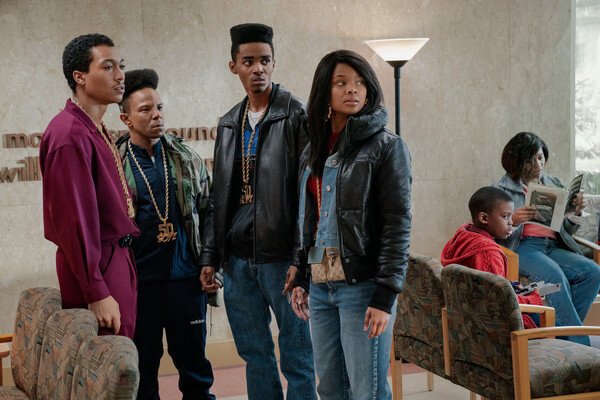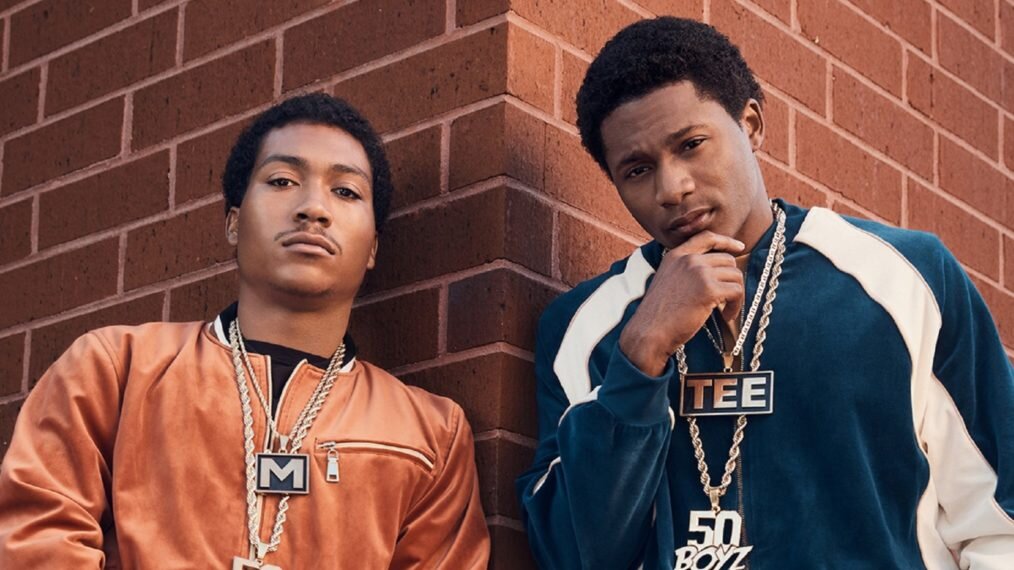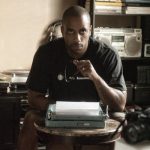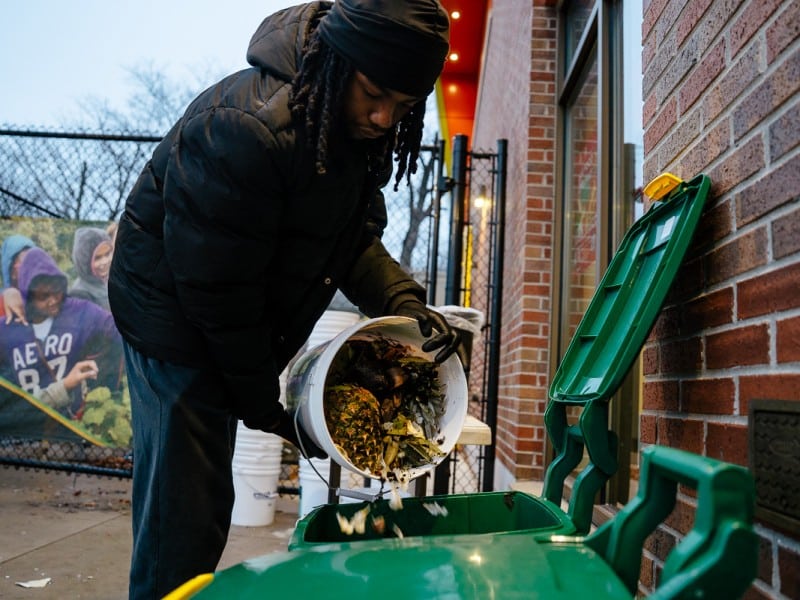REVIEW: ‘Black Mafia Family’ brings out generational complexities of the American dream
With Starz already announcing the renewal of Detroit-based “Black Mafia Family” for a second season, reviewer Kahn Davison recommends you "stock up on Better Mades and Faygos", this is going to be a long ride.
The American dream has never been one size fits all. Nobody knows that better than Detroit. For every southern immigrant that arrived in the 1950s in Detroit, looking for salvation in a Ford factory, there was a Tony Giacalone seeking financial deliverance of a different kind. For every 1970s middle-class family that felt accomplished because of their new Oakland county zip code, there was an Eddie Jackson and a Courtney Brown that felt the exact same way as they moved next door.
Enter Demetrius “Big Meech” Flenory, his younger brother Terry “Southwest T” Flenory, and their organization Black Mafia Family (BMF). If you’re a Generation X Detroiter you’ve heard so many BMF wild party and drug trafficking stories over the years that you don’t know where to separate facts from fabrication. But what’s for certain is that the Flenory brothers embodied a special kind of brotherhood and Detroit entrepreneurial spirit.
In Starz’s new series, “BMF,” executive producers Randy Huggins and Curtis ‘50 Cent’ Jackson drop us right into the genesis of the Flenory brothers empire, peeling back some unexpected layers. The first episode starts off in 2005 with the kind of urban elements that let the viewer know you’re looking at Detroit: the Renaissance Center, a block party, ghetto tech music, dancers jitting, and Demetrius (played by his son Demetrius Flenory Jr.) yelling, “What up doe!” The scene immediately quantum leaps back to the 1980s. Sammy Davis Jr.’s rendition of “Hello Detroit” is circulating through the Flenory’s Southwest Detroit home.
Their father, Charles Flenory (Russell Hornsby), is cheerfully hugging his preteen sons Demetrius (Johnnie Gordon) and Terry (Jaylon Gordon) and kissing his wife Lucille (Michole Briana White) on his way out the door to go to work.
“It’s important to show America, to show our culture, to show our people that family exists. There are mothers and fathers who believe in raising their kids and rearing their kids and believe it’s important to get up and go to work every day,” Hornsby told the audience at the Sept. 26 “BMF” premiere at Emagine Theatres Royal Oak.
In the story arc, Charles Flenory sees his American dream as something that can be achieved from an honest blue-collar paycheck. This theme is consistent throughout the first four episodes of the series. But Demetrius and Terry see their home slipping into foreclosure, their mother clinging to a fast-food job and prayer with equal grip. As a father and head of household, Charles wants his sons to share his dream, but when they don’t he lets ego and pride drive a wedge between him and his family. It would be easy to dismiss the portrayal of Charles Flenory as banal or as a kind of James Evans 2.0, but that would be unfair. There’s a long real-life trail of broken-hearted fathers that could never understand why working a regular job wasn’t good enough for their sons.
“I love the hustle, I love the chase, I love the money. This is how I provide for us. I’m not going to stop.” — Terry Flenory, “Black Mafia Family”
Demetrius and Terry (Da’Vinchi) don’t want to be anything like their father. Their street dream ambitions are shared mutually and they’re each other’s biggest fans. The brothers’ on-screen chemistry feels genuine, part of that is a credit to the two years of acting classes Flenory Jr. took prior to filming. He’s a natural in front of the camera. This also isn’t the repetitive narrative where one brother is the brains and the other is the muscle (think Avon and Stringer or Sonny and Michael). They both have quick tempers that flare up over different situations. They both have a different, but equal, amount of intellectual aptitude and street-savvy that they’re going to need because there are headaches everywhere.
Their mentor Pat (Wood Harris), the proverbial o.g. that showed them the game, begins to act more foe than friend. The soldiers of their tightly-knitted crew start to question Demetrius’s decision-making and leadership. And then there’s Lamar (Eric Kofi Abrefa); a fresh-out-of-jail drug dealer with a history of violence that reads like it came out of a Stephen King manuscript. He wants his girl and his business back, but Demetrius has both.
All the twists and turns mirror the kind of crime novel storytelling that has been consistent with Starz cousin shows in their “Power” universe. On Oct. 30, Starz announced they were renewing “BMF” for a second season (with hopefully more than eight episodes). So stock up on Better Mades and Faygos, this is going to be a long ride.







